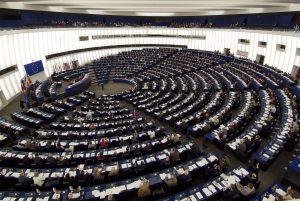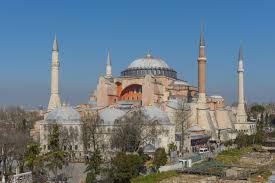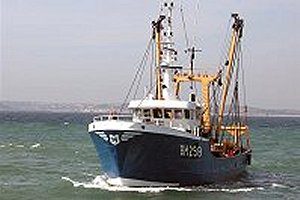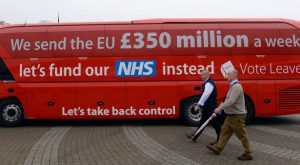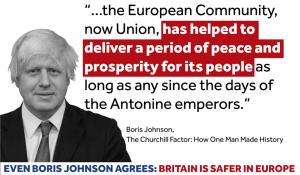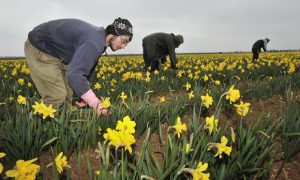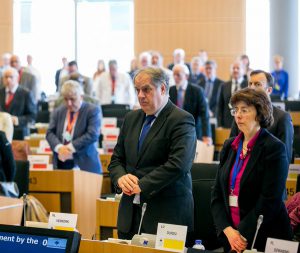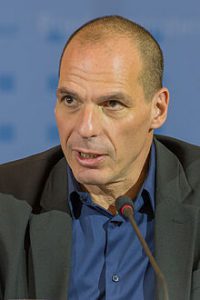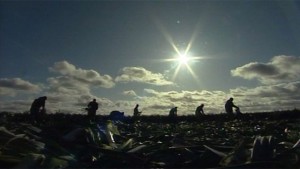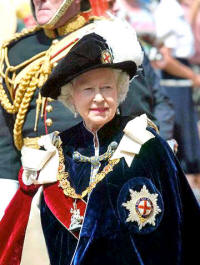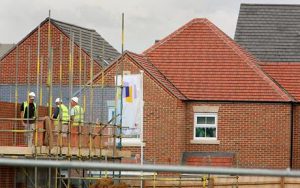
First came the pro-EU story: Jeremy Corbyn had made a statement about the contribution of the EU to guaranteeing workers’ rights, pointing out that, without the EU, we would be reliant on the Tories for this protection.
Then the balancing “Leave” story: Liam Fox appealing to the young by claiming that EU membership means they would have to live with their parents for longer because the presence of EU migrants pushes up the demand for housing, and hence house prices.
Then the brilliant editing: the next piece referred to a slowdown in the construction industry because of concerns ahead of the referendum.
It doesn’t take brilliant powers of deduction to work out that less house-building pushes up prices.
